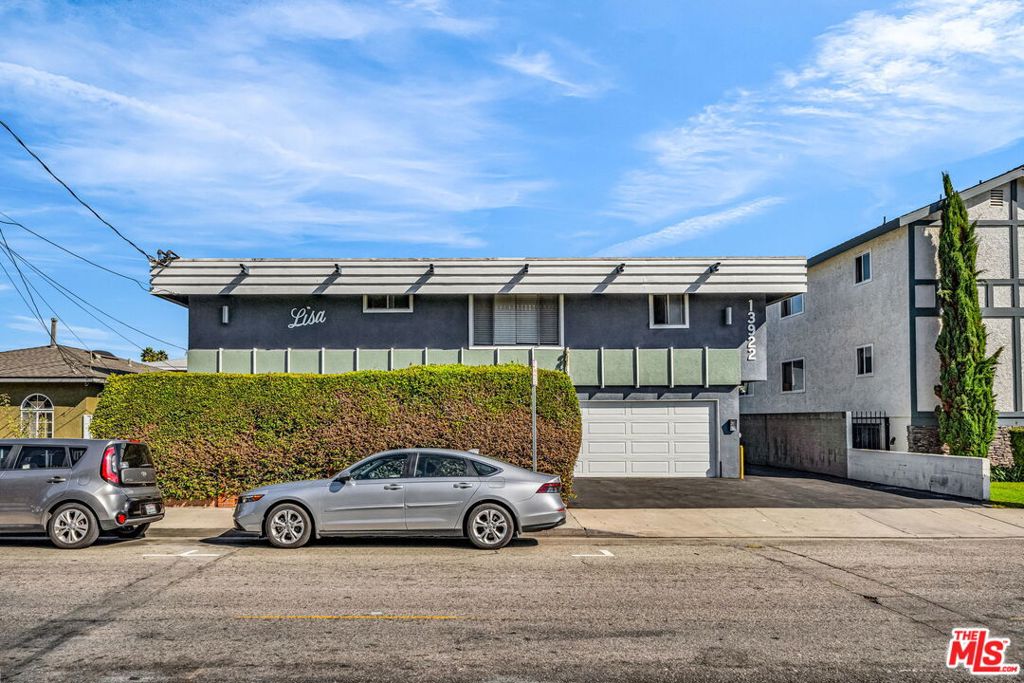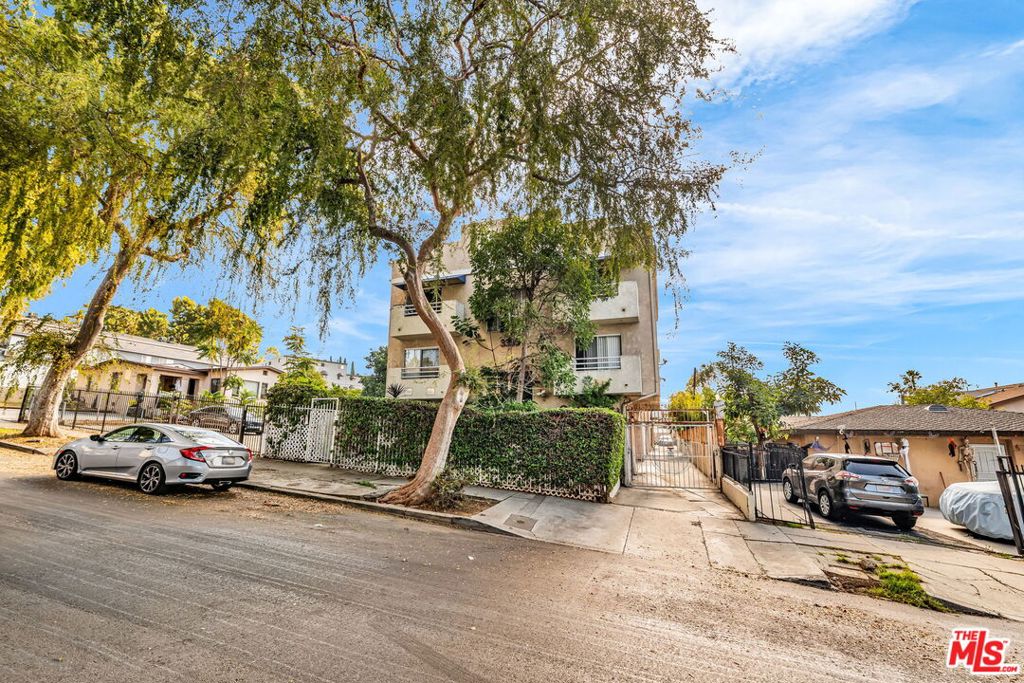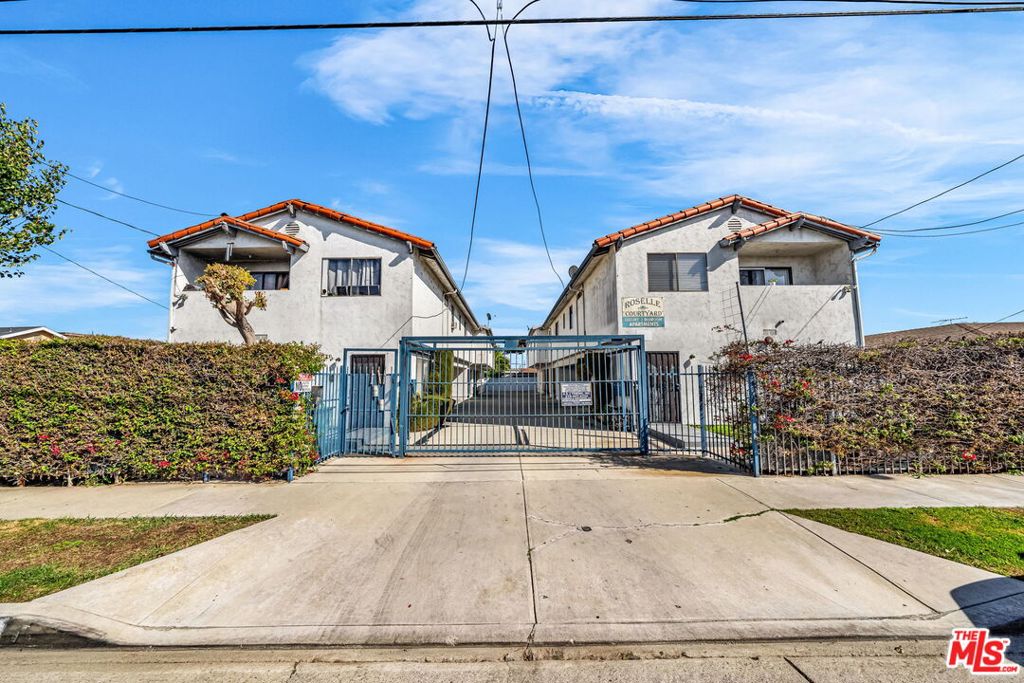Probate sales can be confusing and frustrating because there is so much paperwork at a very emotional point in people’s lives. Here are a few answers to questions we have received over the years that we hope will offer some relief as you encounter the ins and outs of probate sales. We’re here to help.
PROBATE HOMES – HOW ARE THEY SOLD IN CALIFORNIA?
As probate real estate agents in California, we may be repeating ourselves, but it bears making an echo sound across the Southland. We recommend going through a specialist for probate sales. Like us! The CREM Group has been in this business in Southern California for a long time (we have over 25 years’ experience), and we feel a professional probate real estate agent is the best way to go. However, here are the other ways to sell probate homes in this state.
- Trust Department – The personal representative duties (see below) are performed by the trust department.
- Private Sale – Legal newspapers carry the notice of sale, and attorneys handle the transaction. Attorneys open sealed bids at a select date and at the same time. The highest bid wins.
- Private Auction – Auction companies handle these. Properties for auction are publicized by the auction company. The bidding session is oral. The highest bid wins.
- Public Auction – Auction companies handle these also. Properties for auction are announced in legal newspapers by the auction company. The bidding session is oral instead of through written and sealed bids. The highest bid wins.
PROBATE HOUSES – HOW MUCH? CAN THEY BE SOLD AT ANY PRICE?
There are laws that prevent charging any old price for a probate home. Per the court’s confirmation of the transaction, the sale price must be at least ninety percent (90%) of the appraised value, and that valuation must be within one year of the sale of the property. The 90% particularly applies to the Limited Authority Sale. Still, the counties’ rules for these transactions vary across California, so that the terms of sale will depend on the approval from the local court’s ruling where the property is located. Check with professionals in your area. (The CREM Group would be a good start.)
FOR A PROBATE RESIDENCE – WHEN IS A NOTICE OF SALE REQUIRED?
In California, the Notice of Sale has to be published before a probate home is sold. However, there are exceptions, such as:
- If the decedent’s will has directed the administrator or executor to conduct a property sale;
- If the authority to sell the property has been given to the representative through the decedent’s will to sell the property; or
- If, according to the Independent Administration of Estates Act (IAEA), an estate’s representative has full authority to sell the property.
To recap, if there is no will, and the estate’s representative does not have the complete authority to perform under the Independent Administrations of Estates Act a Notice of Sale must get published before the decedent’s property can be sold.
PROBATE PROPERTIES – WHO DOES WHAT?
Letters Testamentary or Letters of Administration are court documents that establish the authority to act as a guardian, conservator, or personal representative (executor or administrator) of the trust. The personal representative would obey the decedent’s instructions in the will, if that person wished the property to be sold. If no one was designated, or if someone other than the person appointed would be in the heirs’ best interest, then a court order might have to decide who has the authority to represent the deceased.
Our Probate Process Overview page has a listing of some of the activities involved. The personal representative’s jobs include collecting the assets, paying the debts and expenses, and then distributing the remainder of the estate to the beneficiaries (it’s easy if there are no challenges), all of which is done under the supervision of the court. Because beneficiaries often challenge the distribution, this step can stretch the timeline while differences are resolved.
PROBATE REAL ESTATE LAWS – WHY ARE THEY SO COMPLICATED?
A person’s home is the largest single asset they have in most cases. As you have seen in these pages, between trusts, conservatorships, and the many California laws associated with wills, estates, and probate, the process is anything but simple. And the probate process only occurs after the death of a family member, so the home represents a lot of money and a plethora of memories, all of which require a referee, or a court, to dispassionately handle the transactions fairly and legally—especially where there is no will, or if the will is in question.
WHAT DO WE THINK?
Probate requires dealing with a lot of paperwork and being aware of the proper authorities to do so in each county across the state. As we have indicated in the past, the forms you need are available on the California Judicial Council in this section of the website at no charge.
The detailed answers to Who, What, When, Where, How Much, and Why probate questions will continue to bedevil you. However, probate laws protect the families to ensure that the probate transactions are handled smoothly and legally, of course. Beyond that, we do not recommend a DIY approach to a probate sale. Having counsel from trustworthy probate lawyers and incredibly friendly and experienced probate real estate professionals (like The CREM Group) will let you tiptoe through the tulips of probate with fewer hassles, and hopefully with an equitable result for the whole family facing the loss of their loved ones.
As long-time probate real estate agents and as attorneys working in and around all kinds of properties in Los Angeles and Orange Counties, The CREM Group has made sure we support our clients, so they know the alternatives to buying, selling, or renting probate, trust, and conservatorship homes and commercial properties in California.
As always, contact us by email here if you have any questions about real estate, probate real estate, conservatorship, or trust real estate properties, especially in Los Angeles and Orange Counties in California.
Mark Cianciulli, Esq. [email protected]
DISCLAIMER: This content is meant purely for educational purposes. It contains only general information about real estate matters. It is NOT legal advice and should not be treated as such. We recommend consulting a legal or tax professional before acting on any material, opinion, or perspective described herein.



